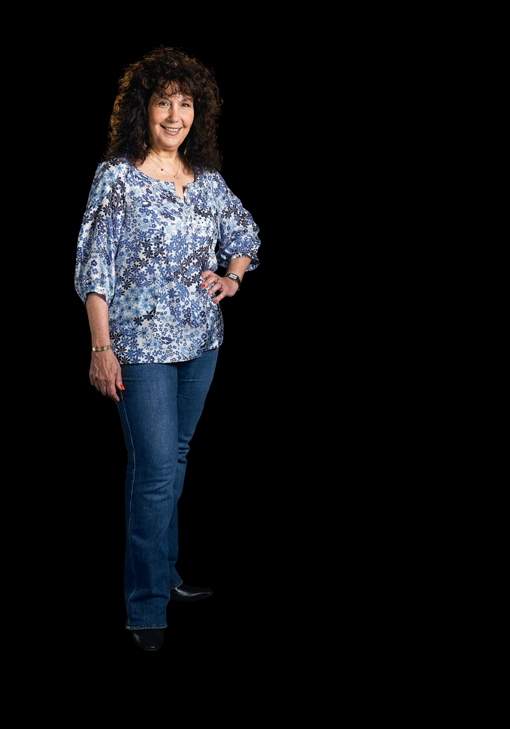Are you a journalist? Please sign up here for our press releases
Subscribe to our monthly newsletter:

Prof. Adi Kimchi: "My aim is to reveal the complete self-destruct network. This understanding will help us to fix problems – both those of excess cell death, as in degenerative nerve diseases, and those in which harmful cells fail to die, such as cancer."
The cells in our bodies are often called upon to make the ultimate sacrifice – to lay down their lives for the greater good. All our cells carry a pre-installed self-destruct program, which can be activated in life-threatening situations: damage to their genetic material that could lead to cancer, or invasion by pathogenic viruses or bacteria. "We're coming to understand that the pathways to self-destruction are organized not in a linear mode but rather like the Internet: Each component is in touch with many others, and much of the communication is channeled through central nodes, which are yet to be identified," says Prof. Adi Kimchi of the Molecular Genetics Department.
Kimchi developed a new method for genetic screening, enabling the identification of a novel family of proteins that play a leading role in a cell's self-destruct program. This family, which includes a potent tumor suppressor, is now investigated by many scientists around the world. Kimchi's more recent insights into the composition of the net have revealed three different, interconnected routes to cell death. Now, she has adopted a systemic approach, with the aim of putting all the puzzle pieces together and gaining a comprehensive picture of the web's organization. She targets individual elements in the system, disabling them selectively and performing molecular analyses to trace communications and reveal the central nodes of the network, as well as uncovering the relationships between the three cell-death routes and their individual elements.
Prof. Adi Kimchi's research is supported by the M.D. Moross Institute for Cancer Research; and the Laub Fund for Oncogene Research. Prof. Kimchi is the incumbent of the Helena Rubinstein Professorial Chair in Cancer Research for Outstanding Women Scientists.